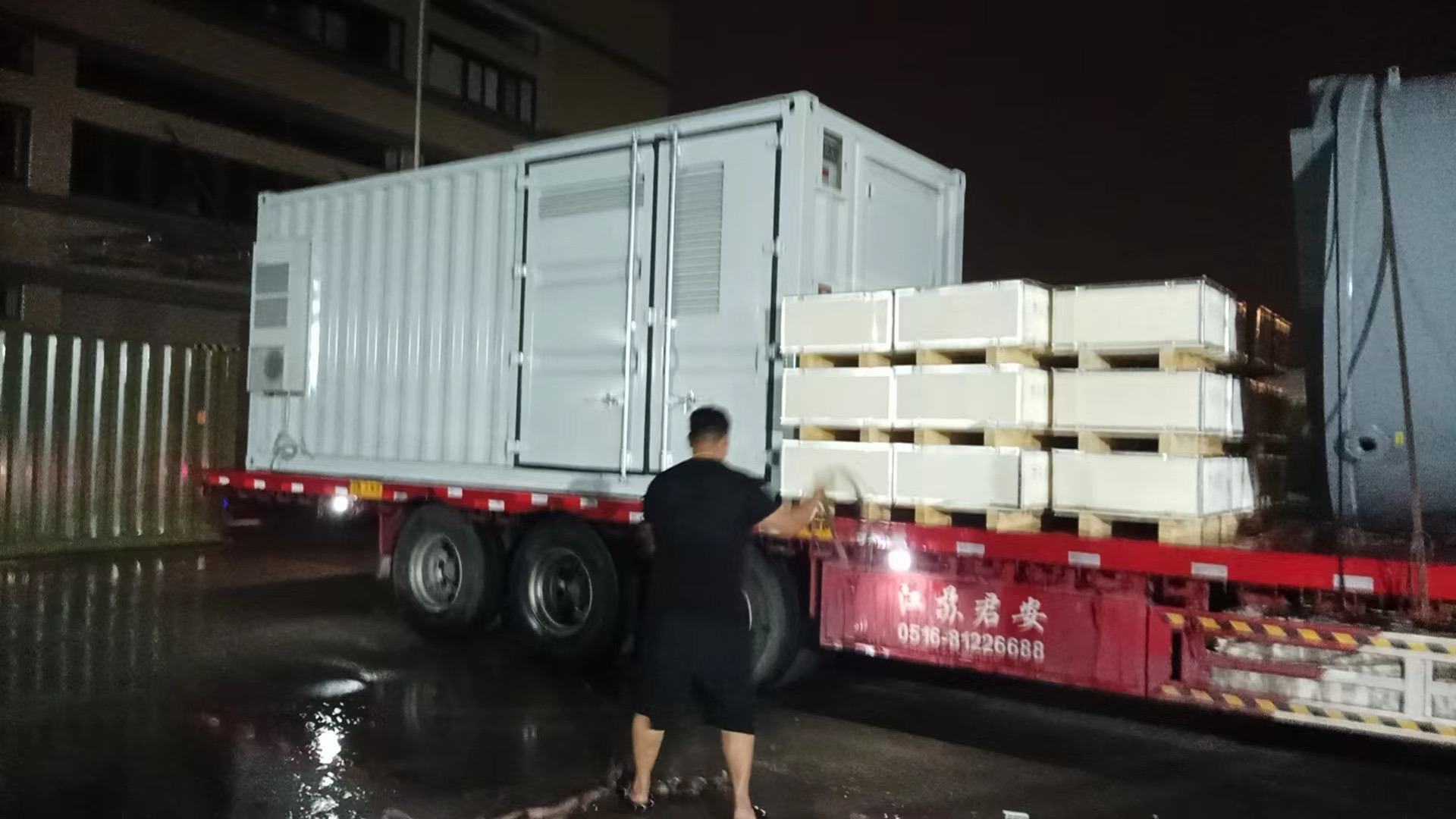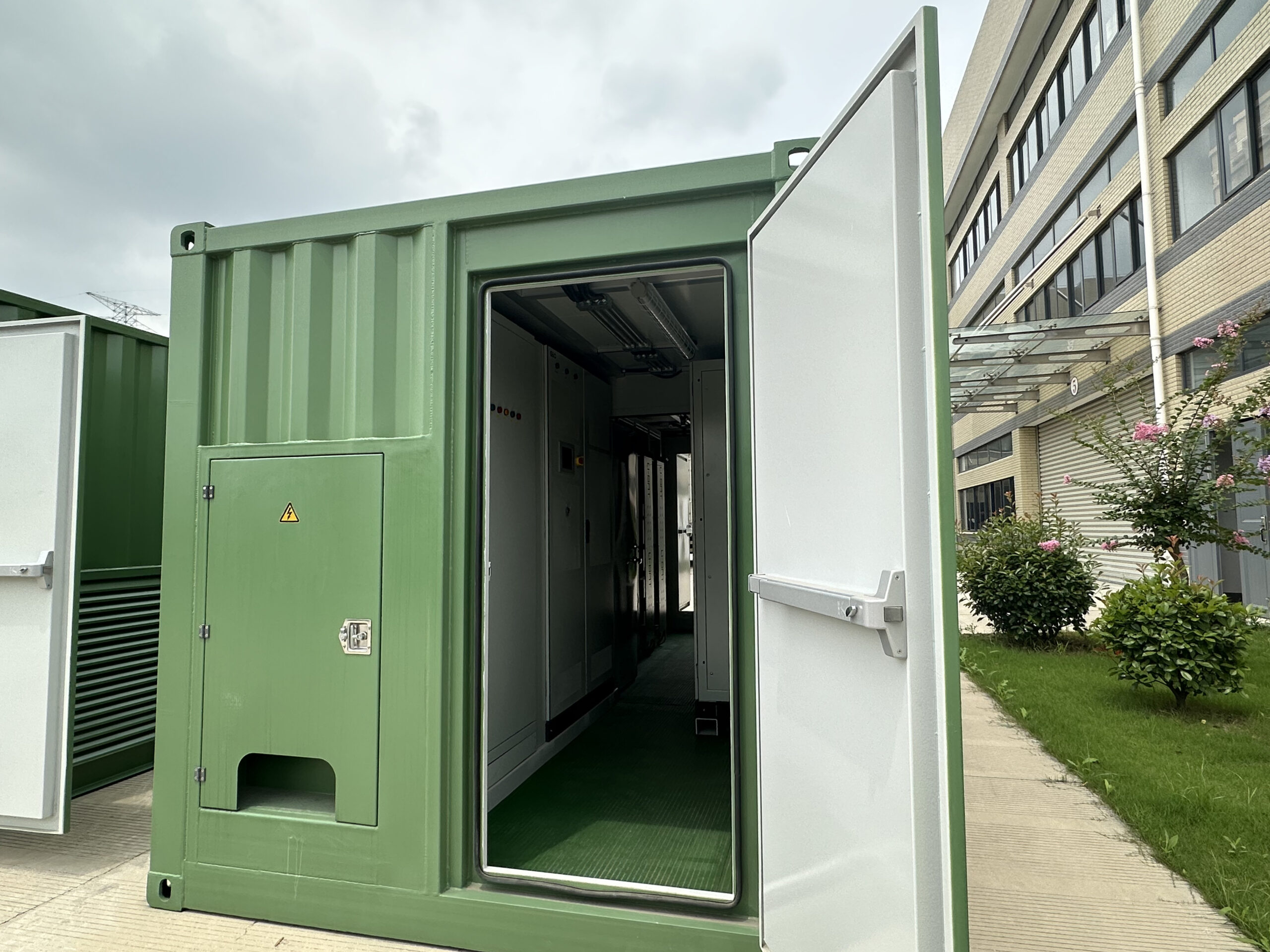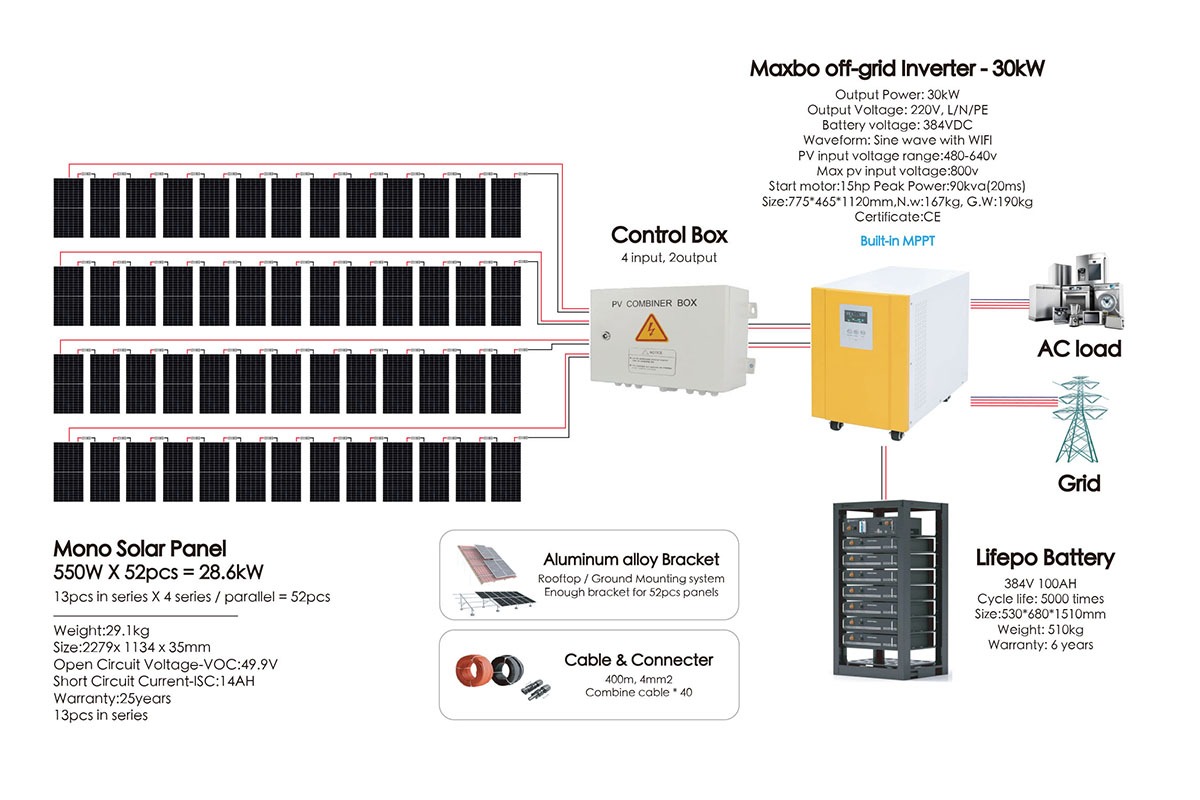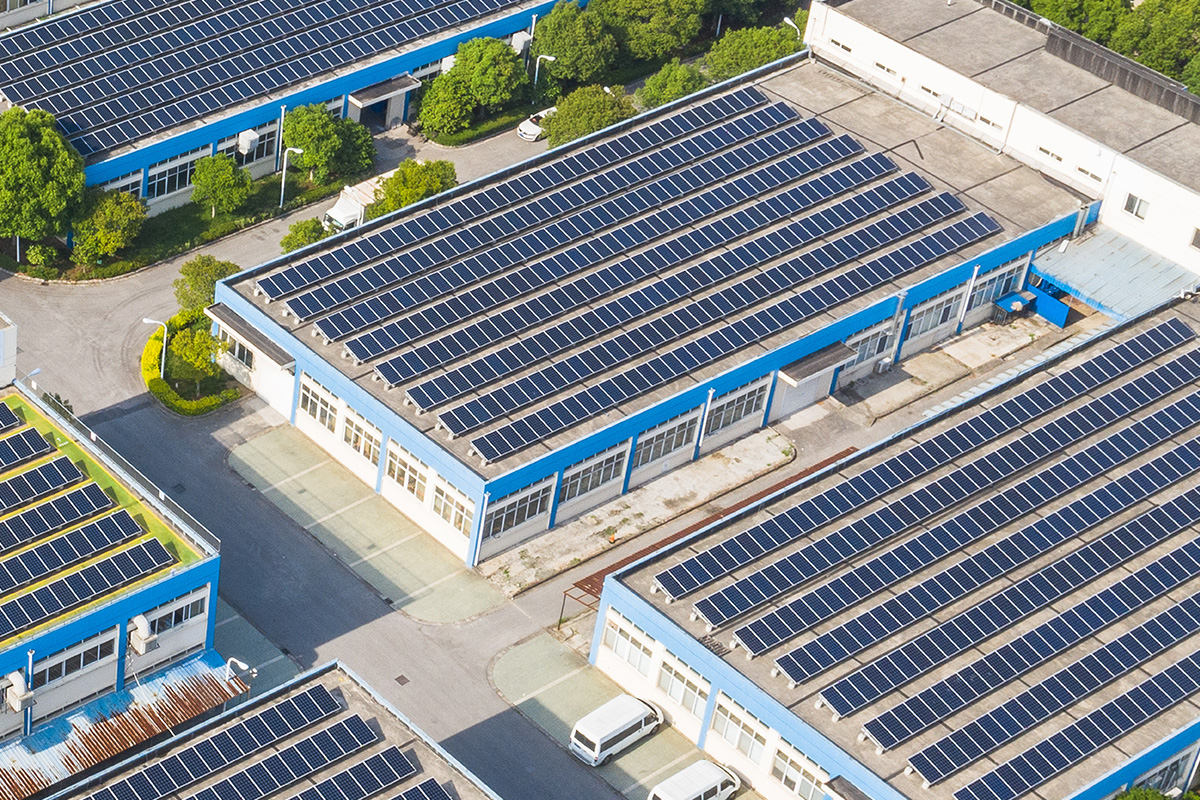Introduction:
In recent years, the integration of smart technologies has revolutionized various industries, and the field of solar air conditioning is no exception. The application of artificial intelligence (AI), the Internet of Things (IoT), and adaptive control mechanisms in solar air conditioning systems has become a focal point, aiming to enhance both system efficiency and user experience.
Harnessing the Power of Artificial Intelligence:
Artificial intelligence has found its way into solar air conditioning systems, bringing about significant advancements in their performance. AI algorithms analyze weather patterns, historical data, and user behavior to optimize the system’s operation. By predicting environmental conditions, AI enables the system to make real-time adjustments, ensuring an efficient use of solar energy for cooling and heating purposes. Moreover, machine learning algorithms continuously refine their predictions, adapting to changing climatic conditions and improving overall system efficiency over time.
Connecting Devices Through the Internet of Things (IoT):
The Internet of Things plays a crucial role in creating a connected ecosystem within solar air conditioning systems. IoT-enabled sensors and devices collect and share data in real-time, providing valuable insights into system performance. These sensors monitor temperature, humidity, solar radiation, and energy consumption, allowing the system to dynamically respond to environmental changes. Through IoT connectivity, users gain remote access to system controls, enabling them to adjust settings and monitor energy usage via smartphone applications or web interfaces.
Adaptive Control Mechanisms:
Adaptive control mechanisms serve as the brains behind intelligent solar air conditioning systems. These mechanisms continuously assess environmental factors and user preferences, adjusting system parameters accordingly. For instance, if the weather forecast indicates a sudden temperature increase, the system can proactively enhance its cooling capacity to maintain a comfortable indoor environment. Adaptive control ensures that the solar air conditioning system operates optimally under varying conditions, maximizing energy efficiency while minimizing environmental impact.
Enhancing User Experience:
The integration of smart technologies not only optimizes system performance but also transforms the user experience. With AI-driven automation and IoT connectivity, users can enjoy a seamless and personalized control interface. Smart thermostats, equipped with intuitive interfaces, allow users to set preferences and schedules effortlessly. Moreover, users can receive real-time updates on energy consumption, cost savings, and system health through their connected devices. This transparency empowers users to make informed decisions, fostering a sense of control and environmental responsibility.
Case Studies:
Several successful implementations of smart technology in solar air conditioning systems serve as noteworthy examples. In a commercial building in Singapore, an AI-driven solar air conditioning system reduced energy consumption by 30% compared to traditional systems. The adaptive control mechanism efficiently managed cooling demands, aligning them with the building’s occupancy patterns. Similarly, in a residential setting in California, IoT-enabled sensors facilitated remote monitoring and control, allowing residents to optimize their energy usage based on real-time weather conditions.
Challenges and Future Prospects:
While the integration of smart technologies brings numerous benefits, challenges such as cybersecurity and initial implementation costs must be addressed. Ongoing research aims to develop more cost-effective solutions and robust security measures to overcome these challenges. The future of smart solar air conditioning systems looks promising, with advancements focusing on enhancing predictive capabilities, refining user interfaces, and expanding compatibility with emerging technologies.
Conclusion:
The application of artificial intelligence, the Internet of Things, and adaptive control mechanisms has ushered in a new era for solar air conditioning systems. These smart technologies not only optimize energy efficiency but also elevate the user experience to new heights. As research and development in this field continue, smart solar air conditioning systems are poised to play a pivotal role in sustainable and intelligent building solutions, contributing to a greener and more technologically advanced future.










